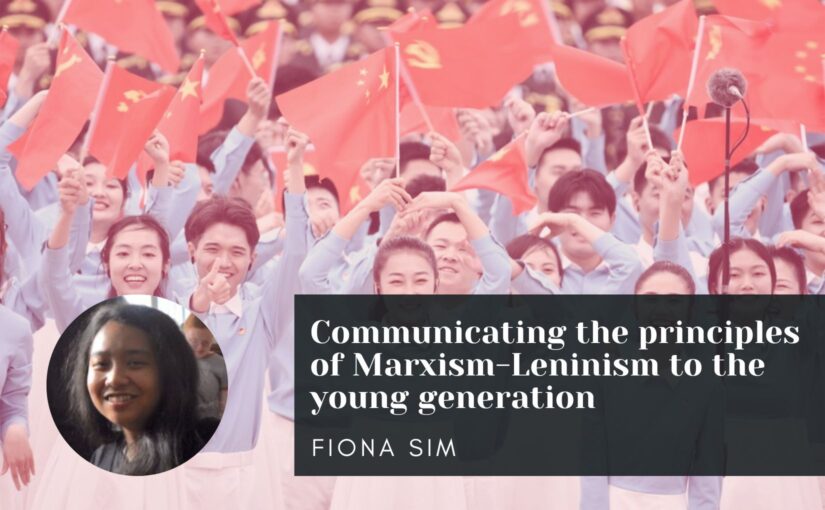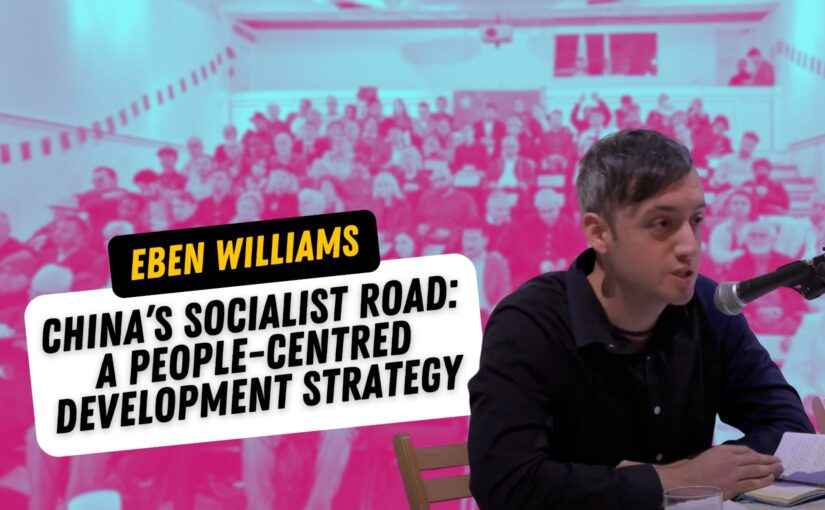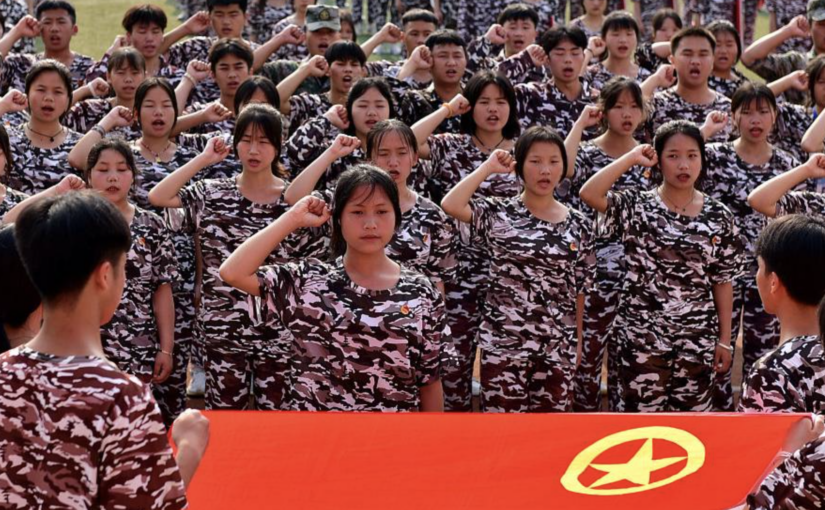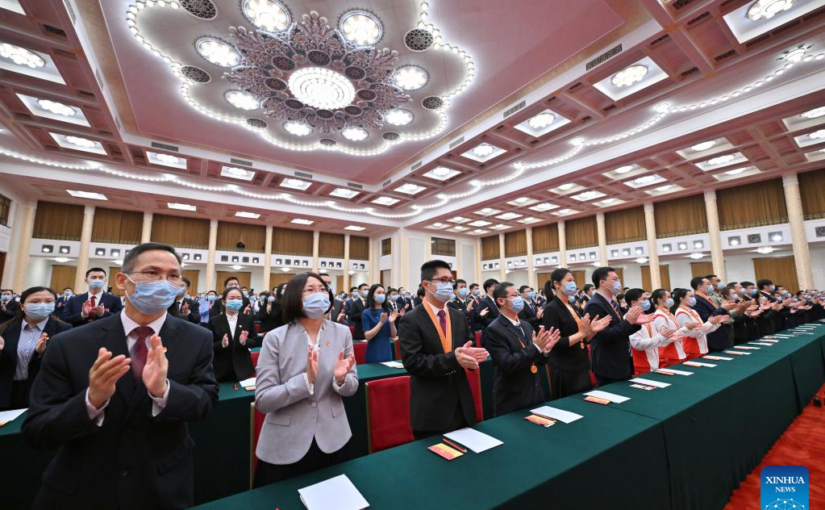What follows is the text of a speech given by Fiona Sim (co-founder of the Black Liberation Alliance and member of the Friends of Socialist China Britain Committee) at our recent bilateral webinar with Renmin University of China, held on 26 February 2026.
Fiona describes the economic, political and ideological conditions faced by young people in the West in the present era: a brutal neoliberalism, characterised by rising poverty, inequality and alienation; witnessing devastating wars and seemingly inevitable climate collapse; and being fed relentless propaganda fomenting “a culture of nihilism and pessimism”.
In academia, ruling class ideology prevails and seeks to either ignore Marxism or to paint it as some sort of failed experiment. Certainly young people are “protected” from the fact that “there is another world possible and it is being built now – by China, Cuba, Vietnam, DPRK, Laos, and many more entering their own revolutionary processes” that people can take inspiration from. And yet objective reality is increasingly radicalising young people; increasingly they understand that they “can organise, unite, and work together to resolve the contradictions and build a socialist alternative”.
The young generation are rejecting the right-wing and neoliberal ideologies that shamelessly capitulate to the reactionary rhetoric of the far-right. In Venezuela, we have seen how young people formed the biggest demographic that voted for Maduro. In Britain, young people started encampments in support of Palestine and continue to turn out in their tens, if not hundreds of thousands to protest the fascists on the streets as well as the government’s war mongering policies in lieu of the “cost of living crisis” and plummeting employment rates. In China, we see how Socialism with Chinese Characteristics has shown the proof is in the proverbial pudding and the young people are drawn to the hope it brings, with 74 million young people as proud members of the Communist Youth League.
Fiona concludes:
Right now the contradictions of imperialism are at their sharpest. Presidents like Donald Trump expose the barefaced brutality of US hegemony and the capitalist system is leaving millions in destitution and despondence. The conditions could not be more ripe for revolution. To get there, the young people must be prepared. The young generation must be encouraged to study the revolutionary histories and ongoing resistance movements of the world because in a world so rife with despair, Marxism-Leninism remains humanity’s hope for the future.
For young people, there is a lot of reason to be nihilistic about the future and the current state of the world. We have inherited a world that is heating up. With the global average temperature rise predicted to climb permanently above 1.5°C, a mass extinction event of thousands of species grows more likely by the day. In recent decades, millions have died in the wars and genocides in Palestine, the Democratic Republic of Congo, Sudan, Ukraine, and so on. Millions more around the world have died from the sanctions regime of the United States government whether by Democrat or Republican. Many young people have been permanently displaced from their homelands as a result.
The young people are the next generation, but will this next generation be the last of humanity? What will be left for the generations to come?
In the West, these are the logical questions for a generation that has been conditioned to believe that the everyday person has no influence on the systems of a society or the governance of the world. The neoliberal philosophy has poisoned the human psyche, presenting Capital as a god and capitalists as its angels. The proletariat make offerings of commodities to the bourgeois gods while driven to fight among themselves for the scraps that fall off the table. Here the idea of “meritocracy” takes root.
In such a system, working class young people become cogs in the capitalist machine–taught to worship brands and TikTok trends while being forced into minimum-wage jobs that keep them trapped in poverty, living at the behest of slum-like landlords and lining the pockets of CEOs of privatised infrastructure (whether that be water, rail, or energy). This form of alienation is a means of crushing revolutionary spirit: separating the individual from the collective, from the community, from the vanguard. At its core, as Mao says in Combat Liberalism, liberalism is “a corrosive which eats away unity, undermines cohesion, causes apathy and creates dissension.” This is demonstrated in its highest form under neoliberalism.
Continue reading Communicating the principles of Marxism-Leninism to the young generation



